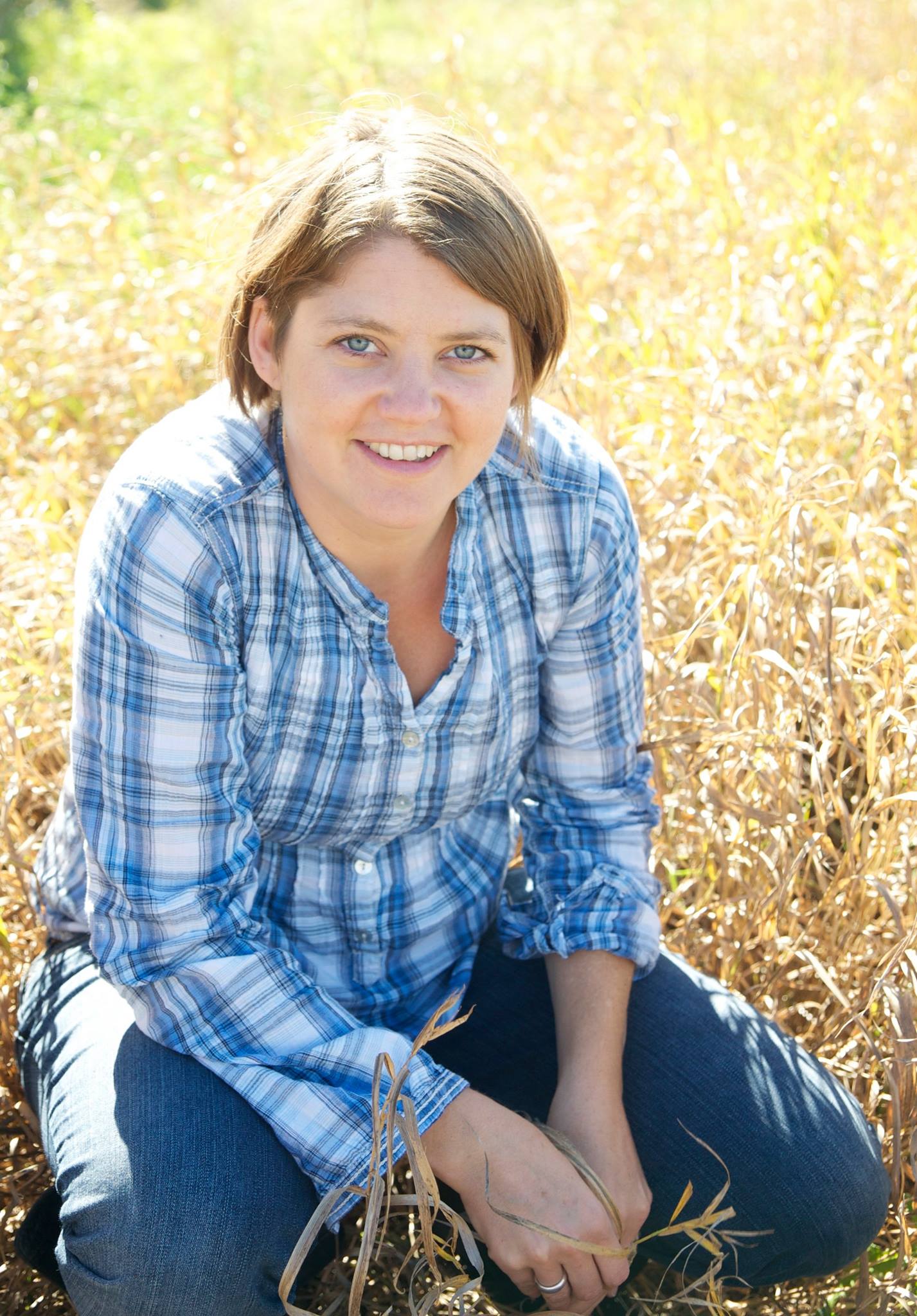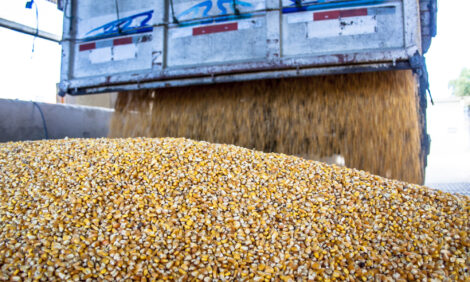



Ghana compensates farmers impacted by avian influenza
An emergency budget of nearly GHC 44 million will be releasedIn a recent press release, Ghana's minister of agriculture Dr. Owusu Afriyie Akoto announced a compensation package for poultry farmers impacted by outbreaks of highly pathogenic avian influenza in 2021. Akoto said he has received approval to release an emergency budget of approximately GHC 44 million.
Government also granted approval for the immediate recruitment and deployment of an initial 550 veterinary professionals, the procurement of vehicles, motorbikes and laboratory equipment for the smooth operations of the Veterinary Services Directorate.
"As at now, government has released GHC 20,105,718.03 which was meant for the following activities," he said.
The list of activities for which funding will be provided includes:
- Stamping Out, decontamination and disposal materials
- Compensation to currently affected farmers and some outstanding compensation from 2015-2018
- Roll-out of a Communication plan
The minister went on to point out that the number of impacted farms has doubled between July and December 2021.
"As at October 2021 when the Cabinet memo was approved 261,000 birds, 1,243 bags of feed, and 1,447 crates of eggs had been destroyed as a result of the disease," he said. "However, by 31 December 2021, which was used as the cut off point for the payment of this compensation, the total number of birds affected by the bird flu is 554,638."
"Quantity of the feed destroyed had increased to 1,701.5 bags and 2,548 crates of egg were affected," he added. "This situation depicts an increased number of birds, quantity of feed and crates of eggs destroyed.
To ensure all affected farmers from July to 31 December 2021 receive some compensation for any losses incurred as a result of the outbreak, the Ghana's ministry of agriculture has agreed to pay GHC30.00 for a matured bird, GHC20.00 for a pullet, GHC10.00 per chick, GHC80.00 for a bag of feed and GHC10.00 for a crate of egg based on the amount available immediately.
The minister urged farmers to intensify biosecurity measures, singling out small-scale backyard poultry farms as the most vulnerable.









